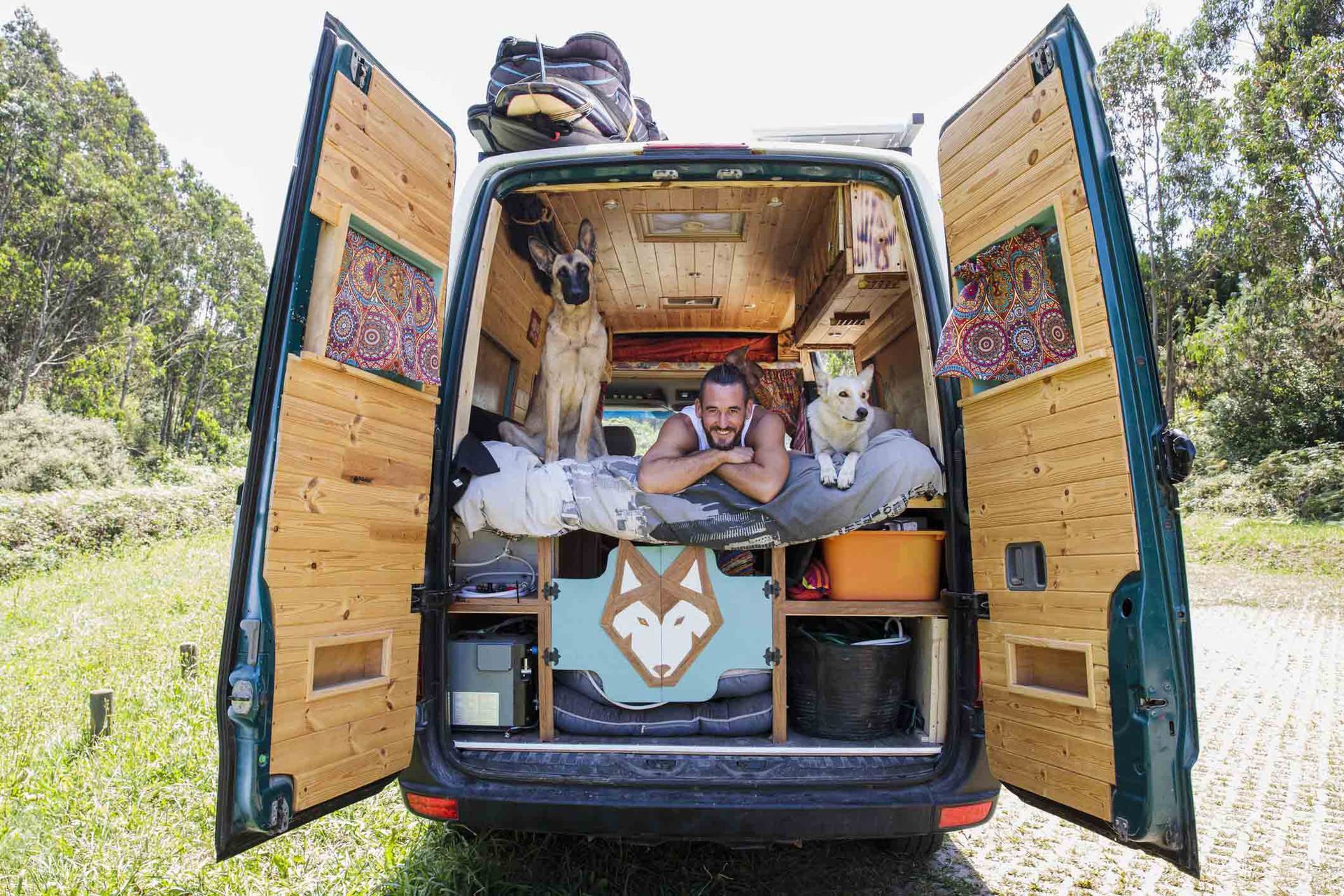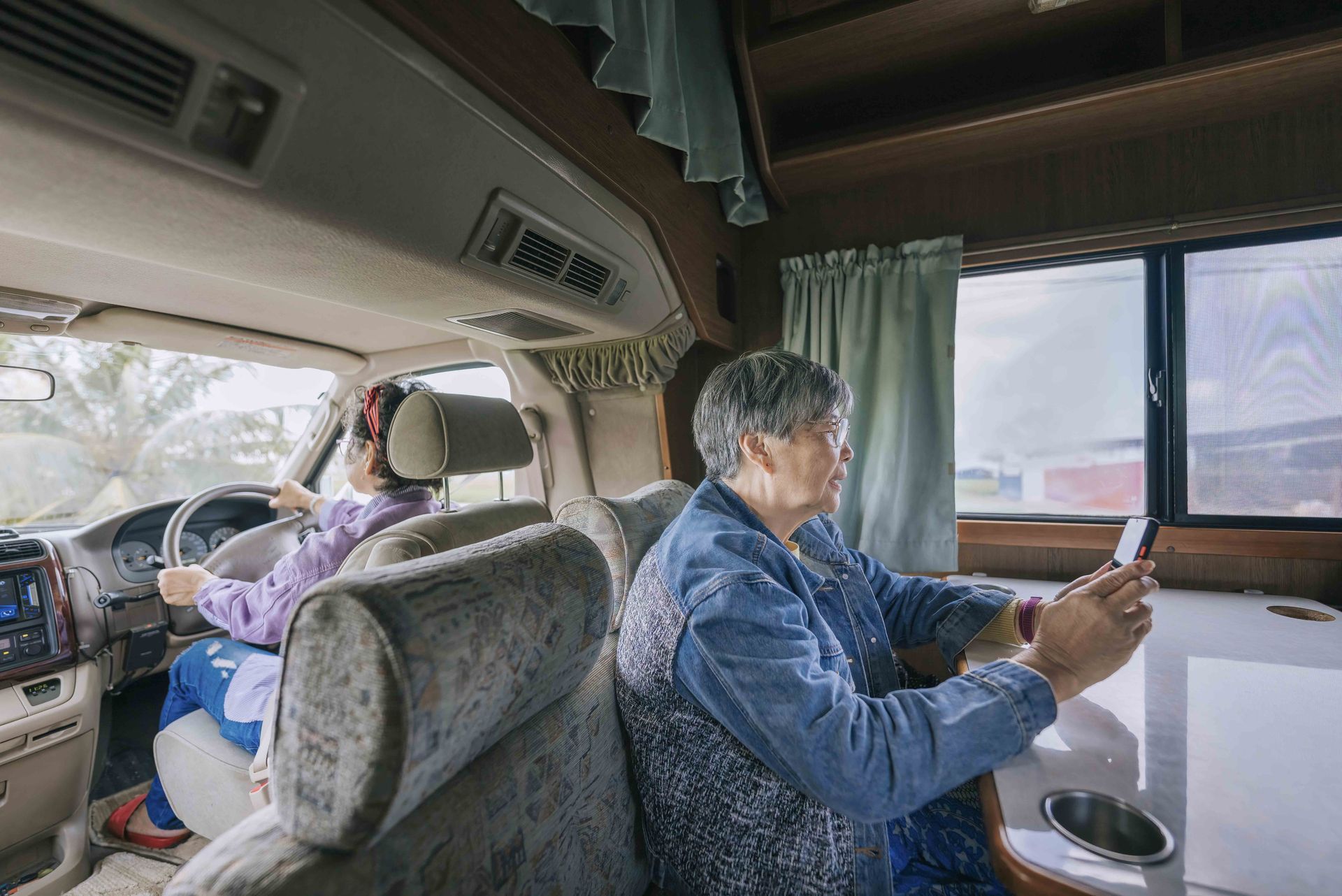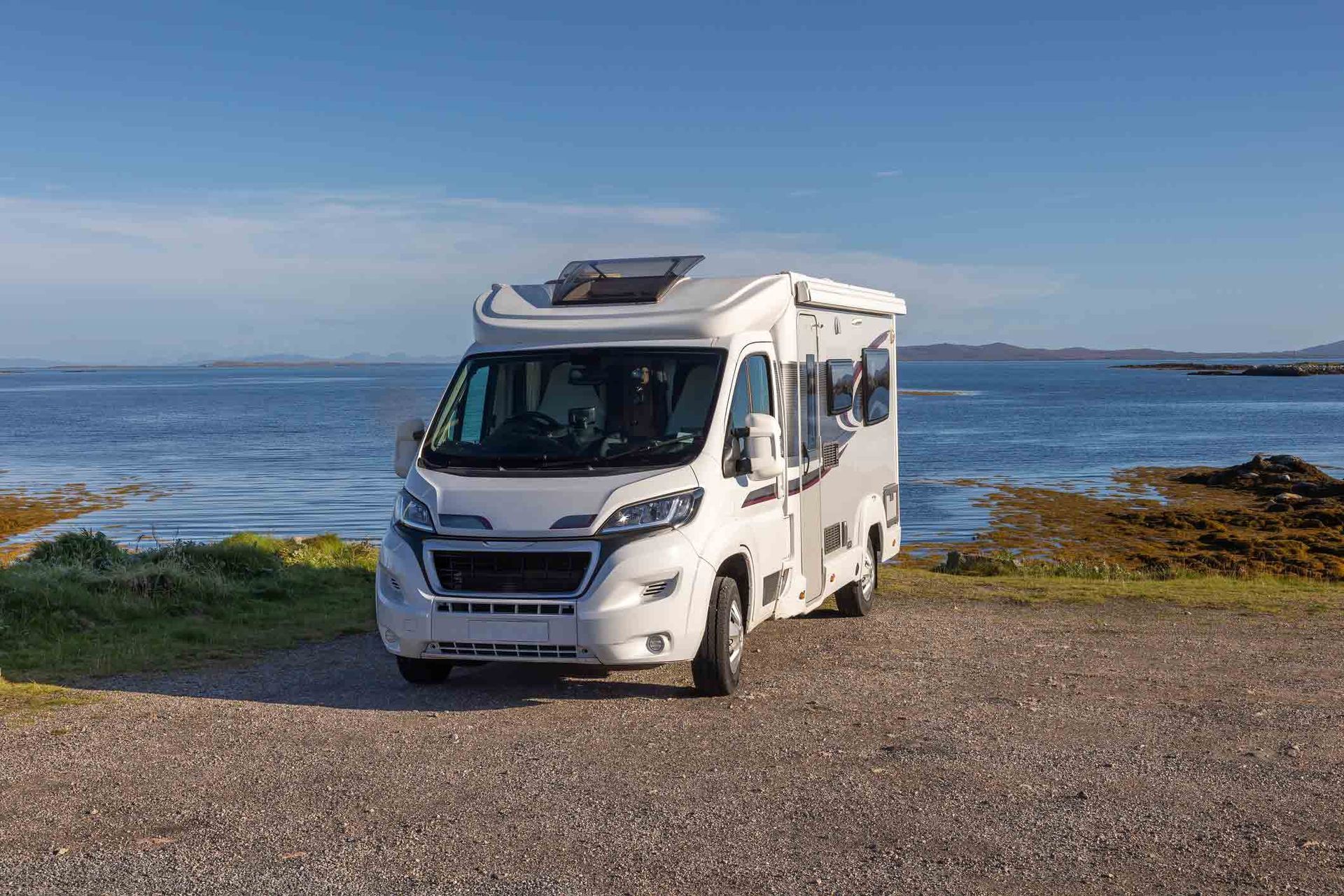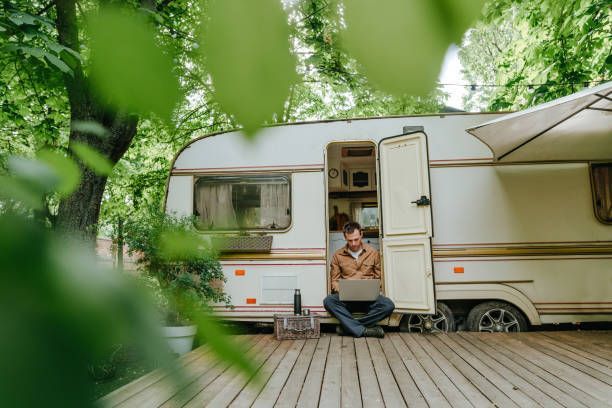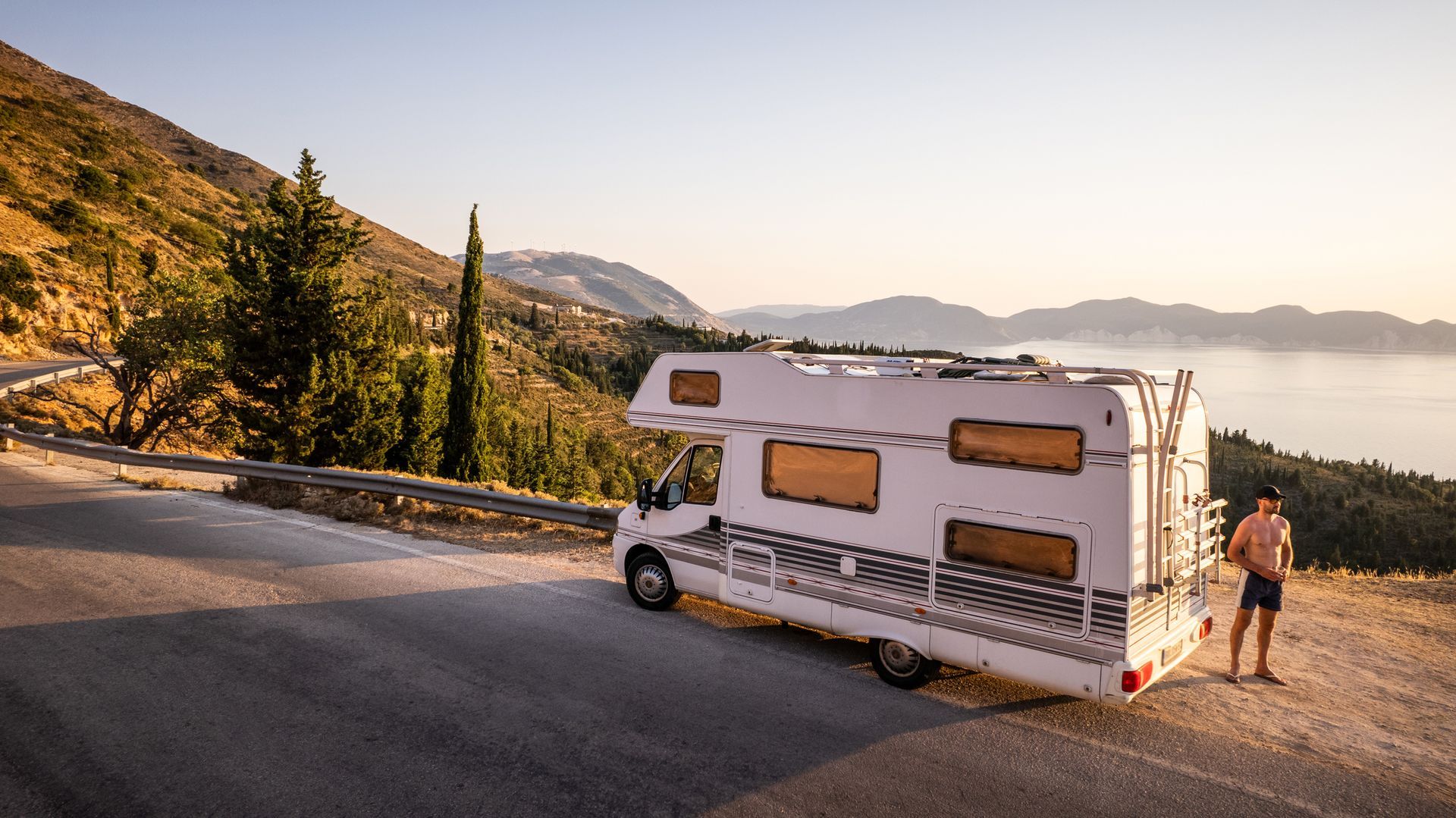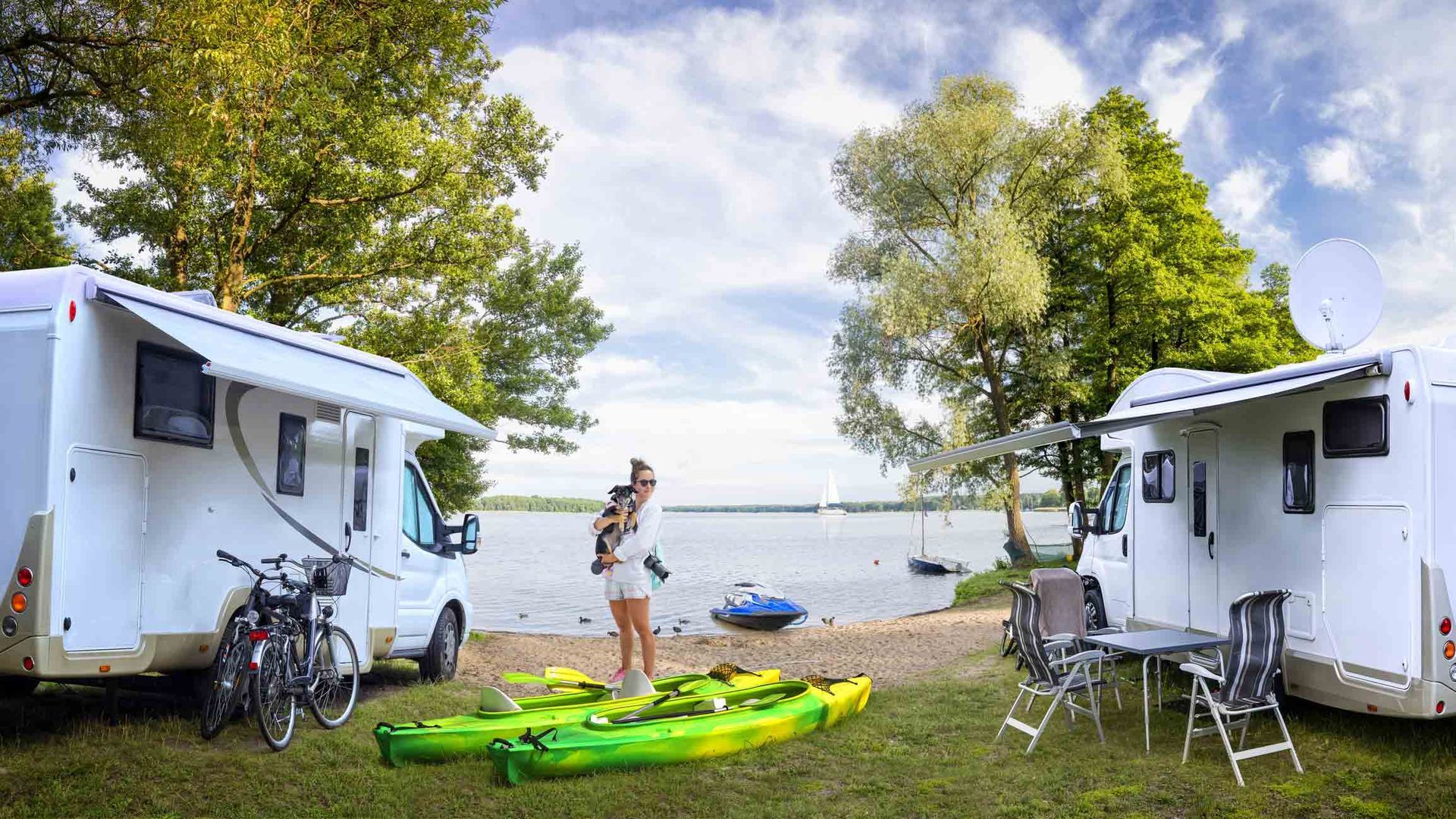January 11, 2024
You've purchased that much-anticipated vacation home on wheels. It's packed with burgers, dogs, and board games to keep the kids entertained if the weather won't cooperate during your outing. A few adult beverages to relax with once everyone is finally tucked in after a long day of adventures. You can't wait to head out and explore the uncharted wilderness and still enjoy a hot shower! Hold on there, Dora the Explorer! While having an RV makes seeing the great outdoors easy and much fun, take the time to educate yourself and prepare. Otherwise, you may come back from that first trip swearing that the next time you enjoy the great outdoors, it will be from the vantage of the National Geographic Channel. Whenever a new RV owner comes into our shop, we ask A LOT of questions. While it may seem annoying, we are usually asked if we could teach a class for new RV'ers by the end of our conversation. Seldom does the salesperson you buy your RV from take the time to educate you on how you correctly use it. They often don't have a clue; they are just that……a salesperson. With that in mind, here are a few things to do to make your life and vacations more enjoyable and headache-free. Get an index card and pen (yes, this means doing it the old-fashioned way, no technology involved). Locate the model and serial number of all appliances on each appliance, including your toilet and awning, and write them down. In our industry, all parts are model (and sometimes serial) number-specific. I can't tell you how many times I've had to talk someone through the process of where to find the model number on an appliance. Listening to them trying to explain it to his ever-increasingly impatient significant other who just wants to take a hot shower is gut-wrenching! The appliance manuals list ALL the models manufactured, so they are useless. They are great for starting a campfire to make smores. Put a bubble level in the freezer of your refrigerator. THE MOST IMPORTANT THING is to ensure your fridge is level when running. An RV fridge does not contain Freon. It uses a mixture of zinc chromium and ammonia to cool. There's a mouthful! If the fridge operates off level one time, it can create a blockage, which, once created, won't ever go away. This blockage will eventually cause the unit to fail, forcing you to buy a new fridge. The average price for a new RV fridge is $1400.00 (cue crying here). You can now see why a $3.00 bubble level is valuable. ALWAYS use RV toilet paper and RV toilet chemicals in the bathroom. Yes, toilet paper from the grocery store is cheaper. Cheaper now, that is, until someone like my husband comes to unclog the holding tank in your RV. That "cheap" paper doesn't break down like RV toilet paper, and when you get the bill for his service, you'll wish you'd bought the correct kind. Oh, an added bonus is the less-than-aromatic smell you'll live with until the unpleasant problem disappears. Just as you plan ahead for meals, routes, and where to stop, plan ahead with the knowledge of how to use and take care of your RV. We are in the business of servicing your RV, but we really try to save our customers from costly repairs. Now, go out and enjoy the great outdoors!
